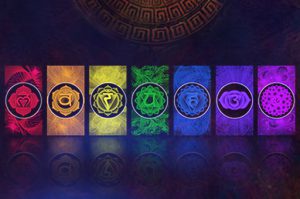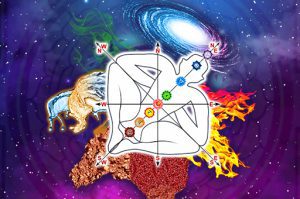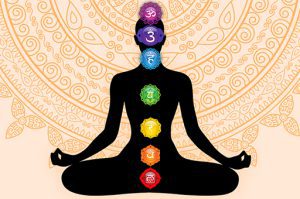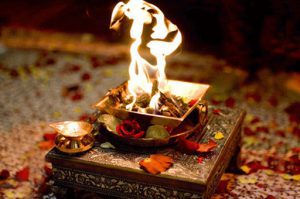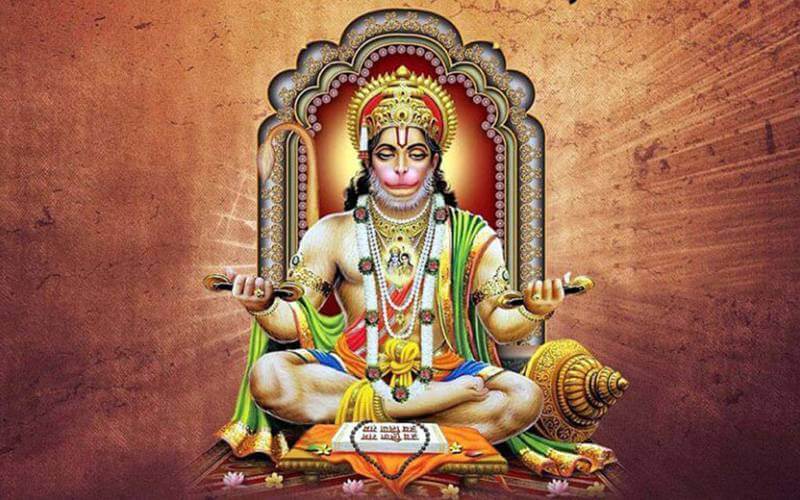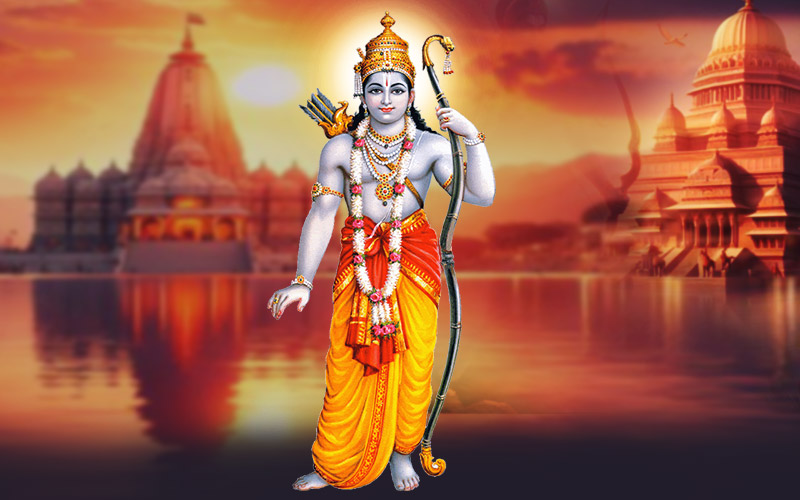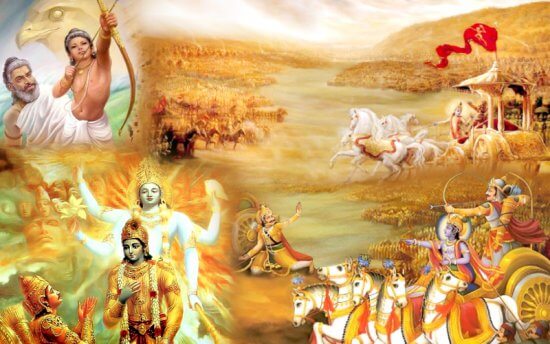
Life sustains because of Dharma, because it preserves society and life in general by maintaining and regulating a code of conduct, moral values and ethical values which enhance the quality of harmonious life. It is the right way of living. Dharma is of many types:
• Dharma of Self: Svadharma, Satya, Ahmisa and moral values of individual self
• Dharma of family: Dharma of a son towards his parents (Putr Dharma) or Dharma of a husband towards his wife or vice-versa. (Pati Dharam/Stri Dharma)
• Dharma of society: Unselfishness, Harmony, Truth, Moral and Ethical Values
• Dharma of Ashram: Dharma of student is to acquire knowledge and skills; Dharma of a householder is to raise a family and ensure its welfare.
• Dharma of Profession: Duty of a soldier is to take a life of an attacking enemy, and that of a doctor is to save a life, even if that be of an enemy.
• Dharma of Motherland: Actions which ensure adherence to the laws of the land. If the laws are unjust, these must be changed by democratic and peaceful means.
Whenever there is a clash between individual Dharma (Dharma of Self) and higher Dharma, it is always the higher Dharma that upholds. Anything that is ‘not Dharma’ is Adharma. Anything that is against nature, unlawful, unethical and immoral has to be Adharma. Adharma cause destruction, pain and suffering. While Dharma is done with an altruistic intention, Adharma always has a selfish intention. From a spiritual standpoint, any Adharmic act will certainly have consequences, or in other words, punishment is guaranteed.
Any perception of unfairness, does not give anyone a license to walk on the path of Adharma. One can fight injustice without fear or favour by walking on the path of Dharma with dignity. Know that establishing Dharma does involve:
• Fighting for what is right
• Raising your arms against evil
• Speaking your truth fearlessly
• Defending and protecting your values that stand for highest truth
• Destruction of old patterns of thinking to usher in new ideas and practices for enhancement of quality of life are also act of Dharma.
Mahabharta is called Dharam Yudh because even though mass killings and violence took place, it happened for a higher purpose of establishing justice, Dharmic principles and long term peace. But, in this story of Mahabharata, Yudhisthra deceived his Guru Dronacharya by his half-lie about Ashwatthama’s death. This was an act of Adharma on his part. For this, he had to atone for this act of Adharma through seeing an illusion of seeing his beloved brothers and wife Draupadi crying in misery in Naraka in horrific sight of blood and gore. This story teaches that even Yudhisthra considered to be Dharmaraj, did not get the authority to commit a slightest act of Adharma, even in the face of injustice, unfairness and Adharma that he was resisting and fighting.
View the video of Dharma: https://youtu.be/DdHzEAqpnkw


